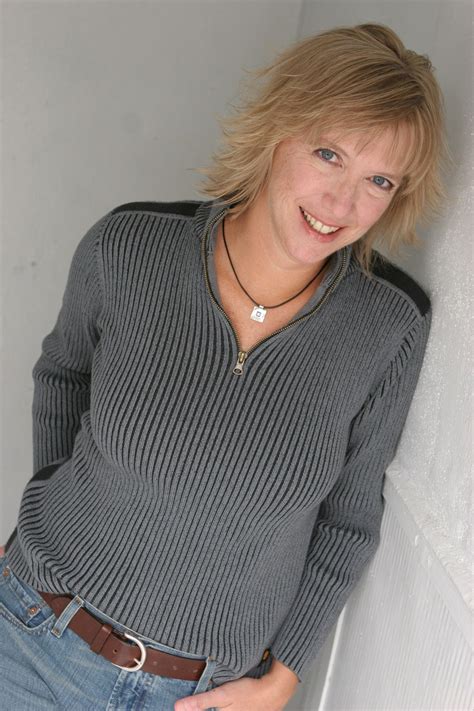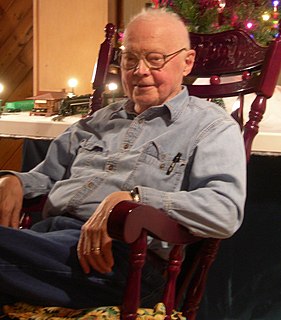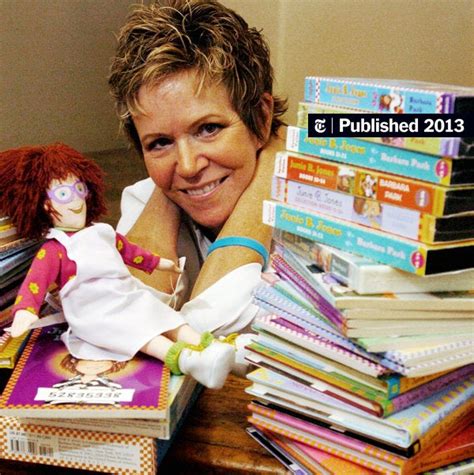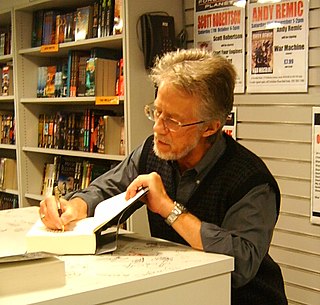A Quote by Patrick Ness
I meet blind and partially-sighted young readers all the time, and it's a shock that so few books are available to them.
Related Quotes
I'm a fan of meeting readers face to face, at reader events, where we're able to sit down and take some time to talk. Too often, at regular book signings, I meet readers who have traveled six or eight hours to see me, and I'm unable to spend more than a few short minutes chatting with them as I sign books.
When sighted people cover their eyes or find themselves in a dark place, this is something that's very terrifying for us. And so in general, we assume that this is what blindness means. But of course, it isn't. For people who were born blind or who go blind at a very young age, that's not at all what blindness means.
Every generation likes to think that children don't read as much as they used to when they were young! You listen to some adults saying they were going around reading 'Ulysses' when they were seven or eight! I think children are voracious readers if you give them the right books and if you make those books accessible to them.
My platform has been to reach reluctant readers. And one of the best ways I found to motivate them is to connect them with reading that interests them, to expand the definition of reading to include humor, science fiction/fantasy, nonfiction, graphic novels, wordless books, audio books and comic books.


































